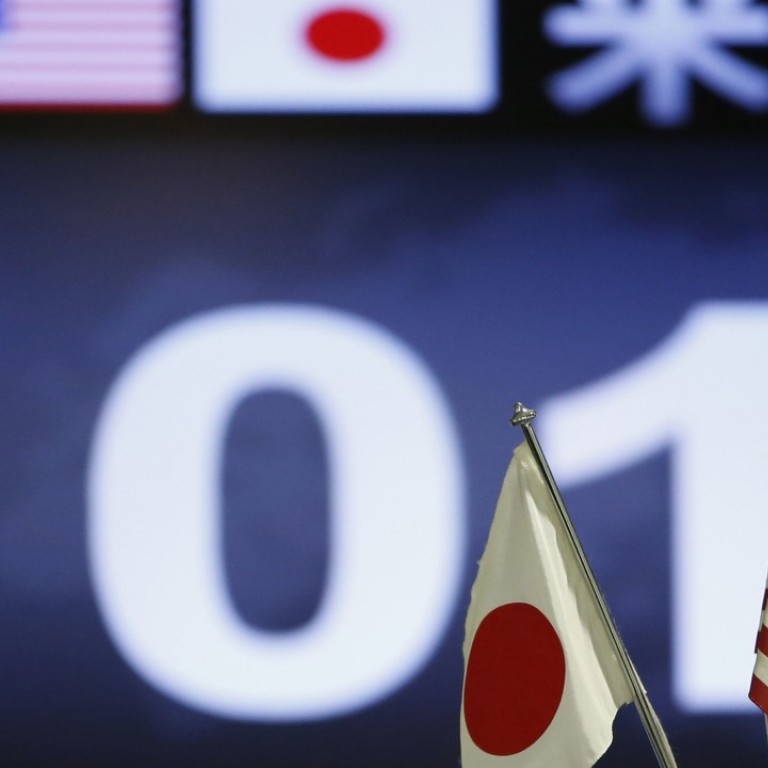
Chinese state media cites Japan’s ‘lost decade’ when warning of risks of giving in to US demands
Article published by Xinhua news agency says Plaza Accord, in which Tokyo agreed to strengthen currency against dollar, as cause of country’s economic woes
As China and the US prepare to resume trade talks, a Chinese state-run media outlet has reminded its readers of Japan’s economic plight after it agreed to America’s demands in 1985.
That year, under pressure from the US, Japan signed the Plaza Accord, agreeing to strengthen its currency against the US dollar.
Rapid and steep yen appreciation and Japan’s domestic policy mistakes eventually brought about the nation’s “lost decade,” the article published on Friday by China’s official Xinhua News Agency continued.
China’s finance ministry goes back to old playbook with bond sales move
The article, which did not mention the Chinese currency, came as China and the US prepare for the first major negotiations in more than two months in an effort to head off all-out trade war. President Donald Trump has prodded China to offer more at the bargaining table.
“The currency and international trade are not only global economic issues, but also domestic political issues,” the story said, after recounting the US exporters’ lobbying efforts in the early 1980s.
“Although it cannot solve fundamental issues of trade imbalance, the US government always, again and again, looks for scapegoats.”
Many economists blame the Plaza Accord – which was also signed by France, West Germany and the United Kingdom – and subsequent Bank of Japan rate cuts for worsening Japan’s asset-price bubble and the aftermath, a deflationary period.
China’s debt mountain: what happens when the money stops flowing?
The authors of the Chinese article said the currency intervention narrowed the US trade deficit, but said it did not last long. Meanwhile, Japanese companies relocated production abroad and expedited innovation, boosting their global competitiveness, they wrote.
“It’s worth learning from the lessons of the Japanese government, which inappropriately handled the changing situation, leading to serious consequences for the domestic economy. And from the Japanese companies which actively made adjustments to face the challenges,” they said.

